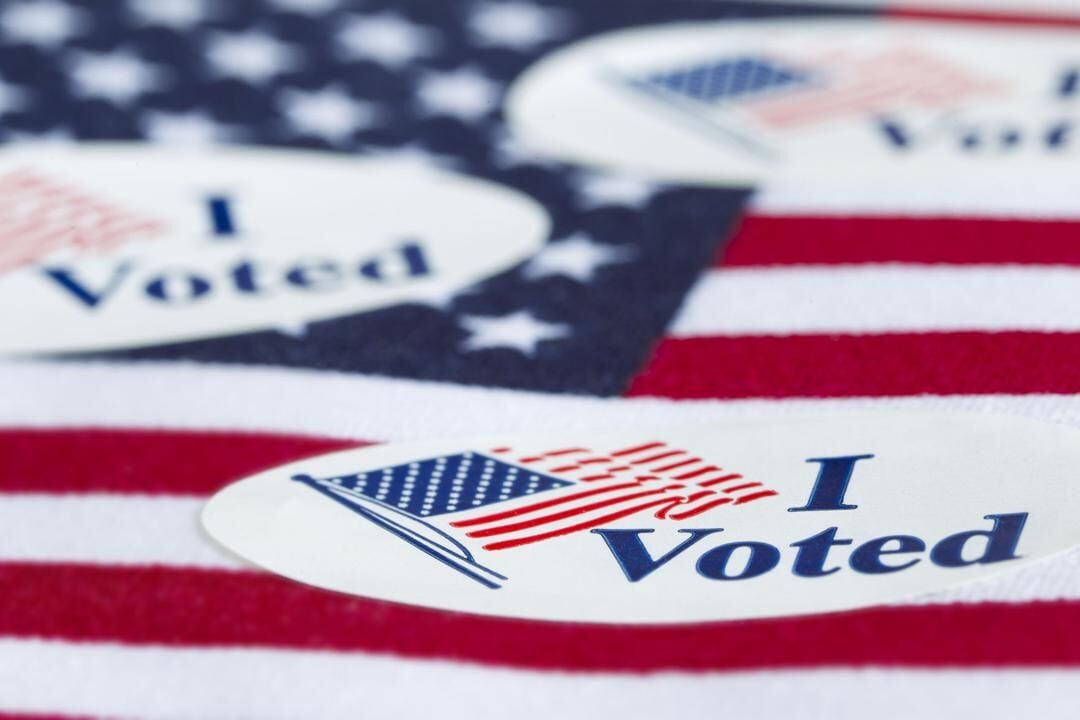PHOENIX — Secretary of State Adrian Fontes wants the Arizona Supreme Court to pull the plug on ongoing efforts by foes of Proposition 140 to knock it off the ballot.
Fontes said he is not taking a position on whether the measure to create a system of nonpartisan primaries should become law, according to new court filings.
“But it is too late to continue litigating whether this initiative qualifies for the ballot given the fact that ballots for more than half the state, and all information relating to this measure for the publicity pamphlet, have already gone to the printer,’’ Fontes said through his lawyers from the Attorney General’s Office.
The initiative, if approved, also would create the option of a ranked-choice voting system for the general election.
The pleading from Fontes comes as the Supreme Court ordered that Proposition 140 be put on the ballot.
But the justices also directed Maricopa County Superior Court Judge Frank Moskowitz to continue to hear claims by foes of the measure that there are not sufficient valid signatures.
The justices said if Moskowitz finds the count comes up short, he should simply order election officials not to tally the results when they come in. That, according to Fontes, is a bad idea.
“No provision in the Arizona Constitution permits a measure to go to the ballot and allow millions of voters to vote on it, only for those votes to be invalidated,’’ his lawyers are arguing. “Neither is there a provision of the Arizona Constitution, nor state law, which would allow the secretary not to canvass a contest on the ballot.’’
The efforts to short-circuit future hearings on the issue is getting a fight from Daniel Arellano. He represents several individuals who contend there are not enough valid signatures on the petitions submitted by the Make Elections Fair committee to permit a public vote.
And Arellano contends it would set a bad precedent to quash the litigation over signatures just because ballots are being printed.
“What the (Make Elections Fair) committee really asks for is a license to run out the clock,’’ he told the justices.
“Since the outset, it has litigated this case in hopes that the ballot printing deadline would serve as a buzzer to immunize its plainly defective initiative from further scrutiny,’’ said Arellano. “But petitioners are entitled to their day in court.’’
Supporters submitted about 575,000 signatures to put the issue on the ballot. But a check of a random sample determined that only 409,474 are valid.
Challengers say that multiple duplicate signatures remain. And they contend that, when they are eliminated, it would reduce the total to below the 383,923 necessary to qualify for ballot status.
Moskowitz initially tossed out that claim. But the Supreme Court ordered him to take another look, this time considering evidence he had previously dismissed.
The problem, Moskowitz said, is there was no way for him — or a special master he would retain — to check out all the questioned signatures before the ballots went to the printer last month. So, the Supreme Court agreed to give him more time.
That, however, came with the direction to not have the votes for the measure tallied if and when he determines the signature count falls short.
Fontes said that’s wrong.
“Once the ballots have gone to print, it is in the hands of Arizona’s voters,’’ he told the justices. “The person contesting an issue (or candidate) can make a case to voters, but the courts cannot usurp the voters’ decision once it goes to them.’’
He said if it passes and foes are unhappy, their option is to put their own measure on the ballot at the next election.
“What no one has a right to do is deprive Arizona voters of free and equal elections,’’ Fontes said, quoting from a provision in the state constitution that says, “no power, civil or military, shall at any time interfere to prevent the free exercise of the right of suffrage.’’
And Fontes had a different take than Arellano’s contention that leaving the measure on the ballot, with the signature question unresolved, would incentivize initiative supporters to delay the case as much as possible.
“Rejecting precedent, in this case, will create perverse incentives for challengers to timely file a challenge but move only as quickly as needed to get a final decision by some amorphous time in the future, regardless of whether the ballots or the publicity pamphlet have already gone to print,’’ the secretary said.
Arellano, for his part, accused Fontes of being inconsistent.
He pointed to a separate pending legal challenge to the candidacy of Michael Way of Queen Creek, who is running for the Legislature. That’s based on claims Way voted in North Carolina in 2022 despite a legal requirement that candidates live in Arizona for three years prior to an election.
In that case, Arellano said that Fontes said in a legal brief that if a judge determines Way does not meet the legal requirements to run for office, the votes for him should not be counted, and the only votes that should be tallied are those who meet the legal requirements.
The justices have not said when they will decide whether to allow Moskowitz to continue with his ballot review. But attorney Travis Hunt, representing the Make Elections Fair committee, urged a quick resolution of the litigation — and in its favor.
“Every day it proceeds, the committee is being irreparably harmed,’’ he told the justices, especially with no finding at this point that the challengers have proven their claim of insufficient signatures.
“The cloud of uncertainty lingering over this initiative impedes the initiative’s proponents — who have worked on the initiative for years, at great effort and expense — from mounting the campaign they need to mount,’’ Hunt said. “The time lost while this litigation drags on is time the initiative’s proponents will not get back.’’





